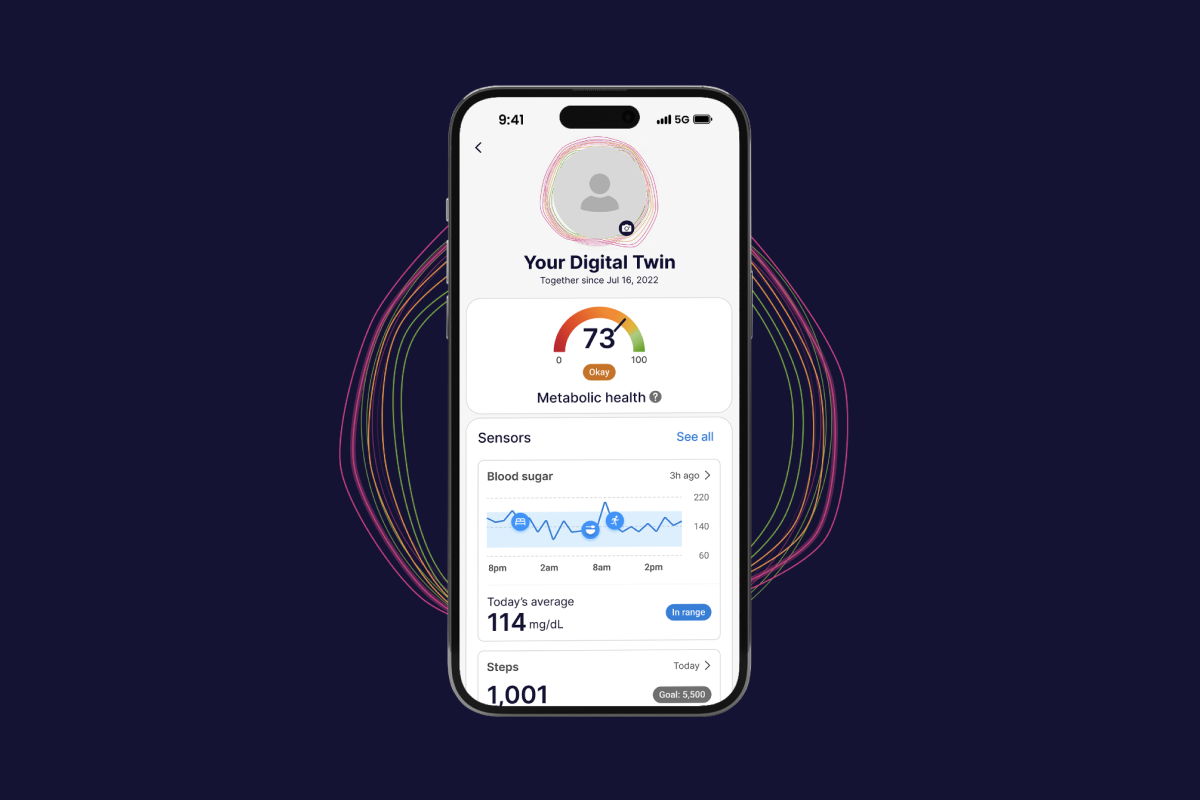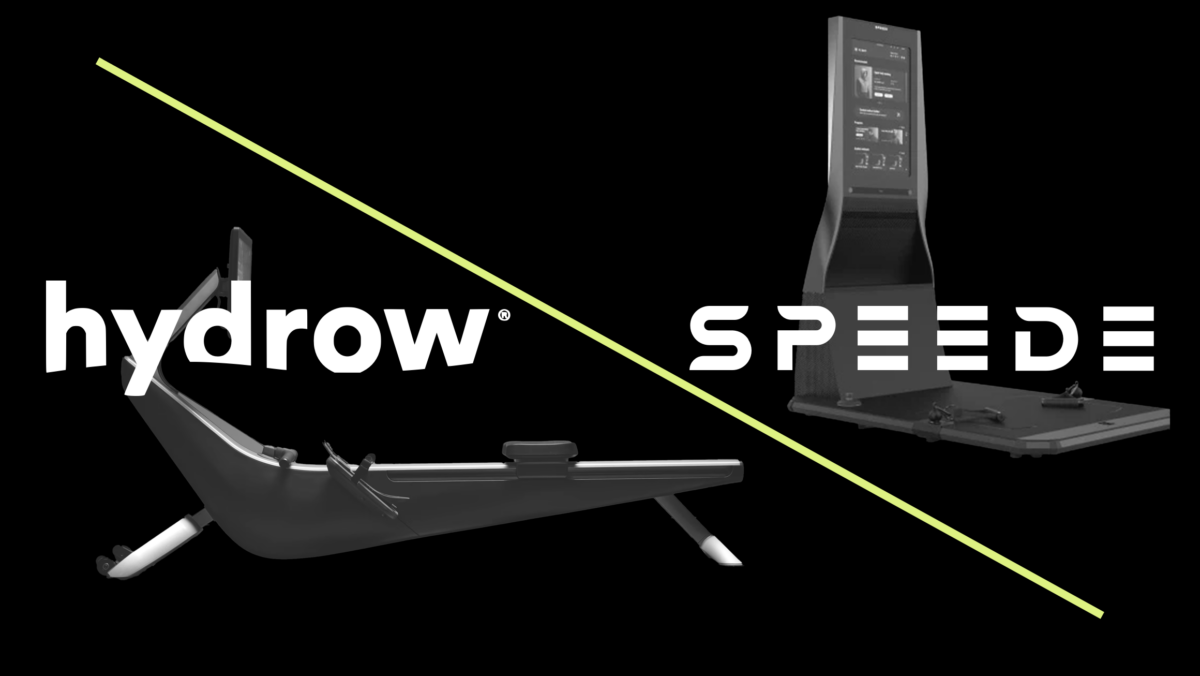GLP-1 substitutes are taking shape.
The news: Telemedicine startup Twin Health added $50M in a Series D round. Leveraging machine learning, the company creates digital patient avatars, predicting effective lifestyle interventions for metabolic disease reversal.
Combining quarterly labs, 1:1 virtual care, at-home biometrics monitoring, and AI-powered recommendations, it offers an alternative to obesity drugs.
Behavior change 2.0. GLP-1s are here to stay, but cost, supply, and long-term effects remain concerning. Balancing the scales, telehealth startups are making a new case for behavioral approaches.
- Following a successful trial, holistic care company Love.Life and longevity science startup L-Nutra launched clinical fasting-mimicking programs for diabetes reversal.
- Targeting employers, Virta Health claims its keto-based nutritional therapy programs can eliminate drug dependency in six months.
- Also touting digital twins, CGM-enabled January AI published a study showing wearables’ potential to improve metabolic biomarkers and promote weight loss.
Shifting away from willpower, digital health interventions are acknowledging genetics’ influence on weight — combining continuous biometric screening, AI-driven insights, and provider-led care plans for better outcomes.
Precision nutrition. Adjacent to obesity management, healthcare is slowly embracing food-as-medicine.
Adding $7M this month, Season Health pairs members with dietitians to prescribe medically tailored meals for everything from hypertension to high-risk pregnancy.
Punchline: Telling people to diet doesn’t work, but relying on GLP-1s alone won’t fix root causes of the obesity epidemic. Whether as an alternative, complement, or continuation of care, behavior change remains crucial to the metabolic health conversation.
 Twin Health
Twin Health


